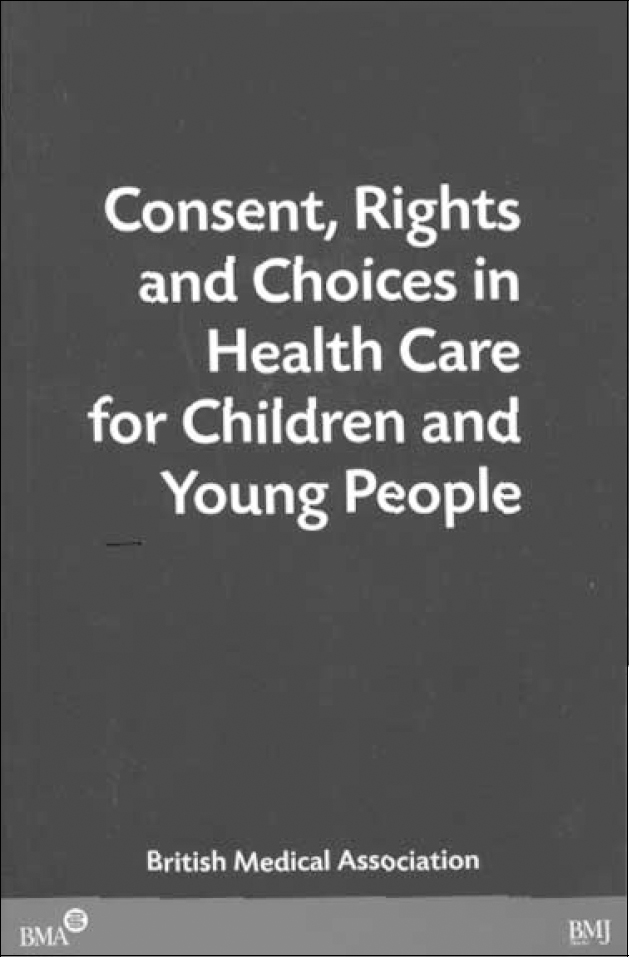I welcome this book as an important and timely addition to the topic of applied ethics. In recent years health professionals increasingly have had to negotiate a minefield of ethical dilemmas vis-à-vis their patients. The plethora of available treatment options has caused ethical issues pertaining to research and clinical practice to become extremely complicated.

Currently, children are expected to take part in decision-making and to be assisted in doing so. Although ultimately it is the parents' or guardians' task to settle on action that is deemed to be in the best interests of young children, it is also appropriate to take into account the wishes and thoughts of those (competent) children. For older children most health professionals will have become familiar with the phrase ‘Gillick competence’, which indicates that an adolescent can consent to individual health choices and for his or her views to be listened to. Youngsters are entitled to confidentiality and to be told the truth about their medical condition.
A particularly valuable aspect of the book is that all the ethical problems that are relevant to children are dealt with in one publication. The project organisers have received contributions by a select group of experts in child health and ethics. The book discusses with authority most aspects of ethical treatment in child health care, including assessment of competence, research, and detention under the Mental Health Act 1983 of children and young persons up to the age of 18 years. A whole chapter is given to summarising points of good practice, several core terms are defined and a list of legal cases is provided. Key points that are raised in each chapter are reviewed at the end, along with extensive references. A useful appendix provides further access to public agencies for supplementary information.
As is customary, the style of writing is easy to follow, although a minor complaint is that the layout appears somewhat overcrowded. The target audience of the book rightly is the working health professional, who requires clear guidance on how to resolve ethical problems as they arise in child consultation and research.



eLetters
No eLetters have been published for this article.